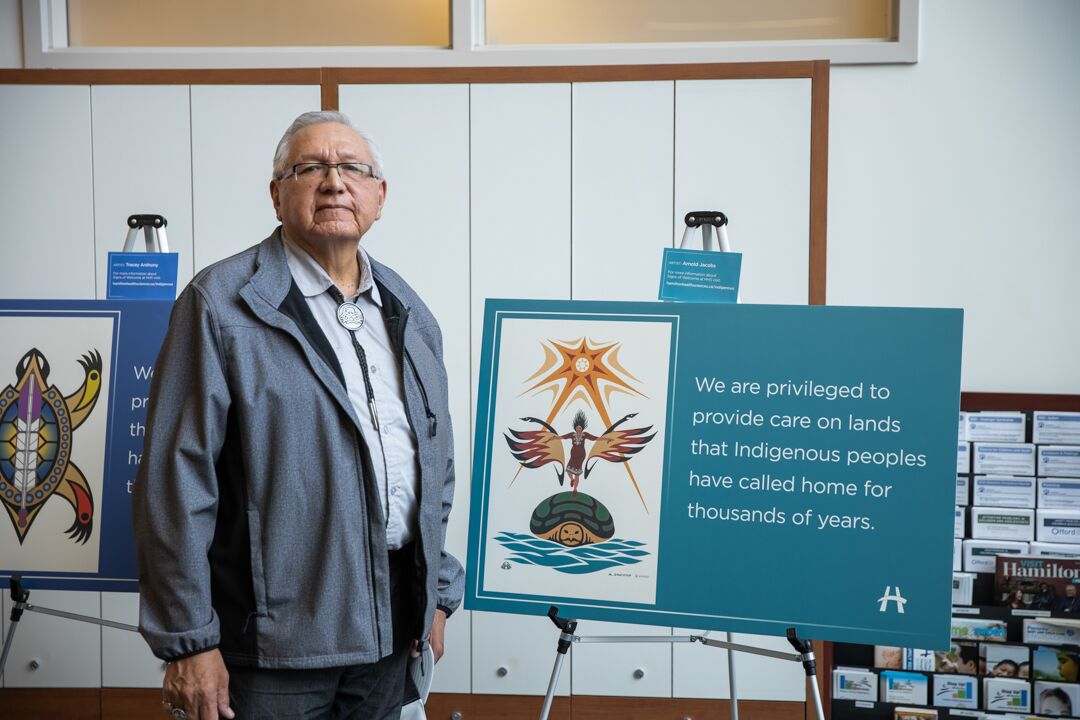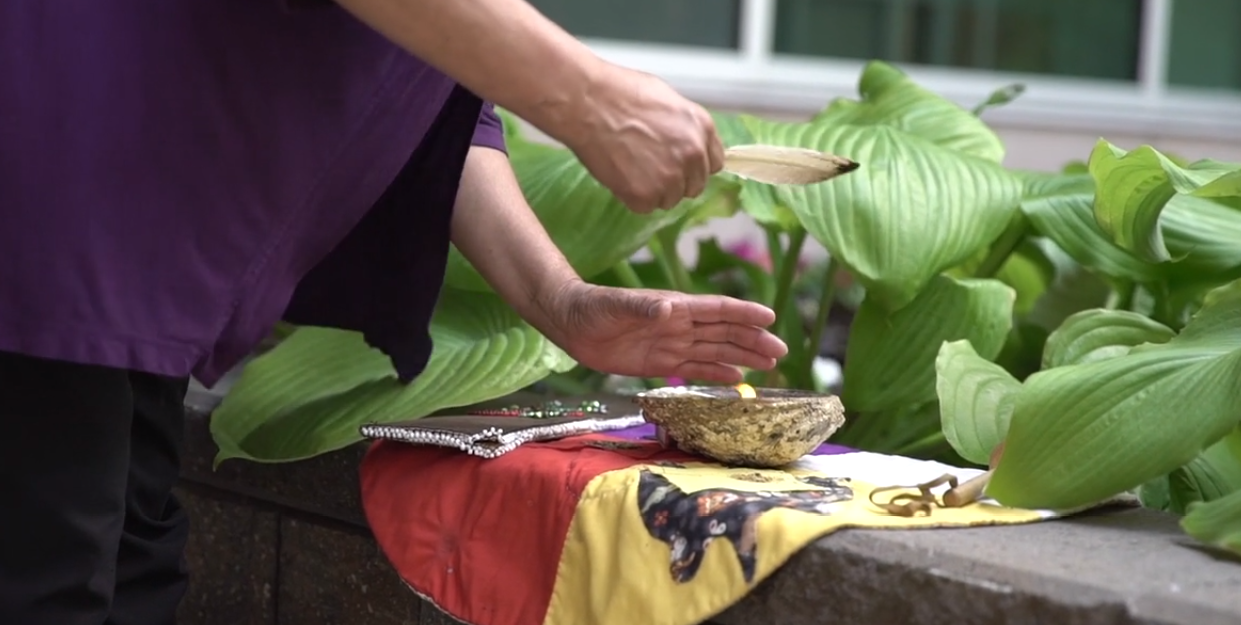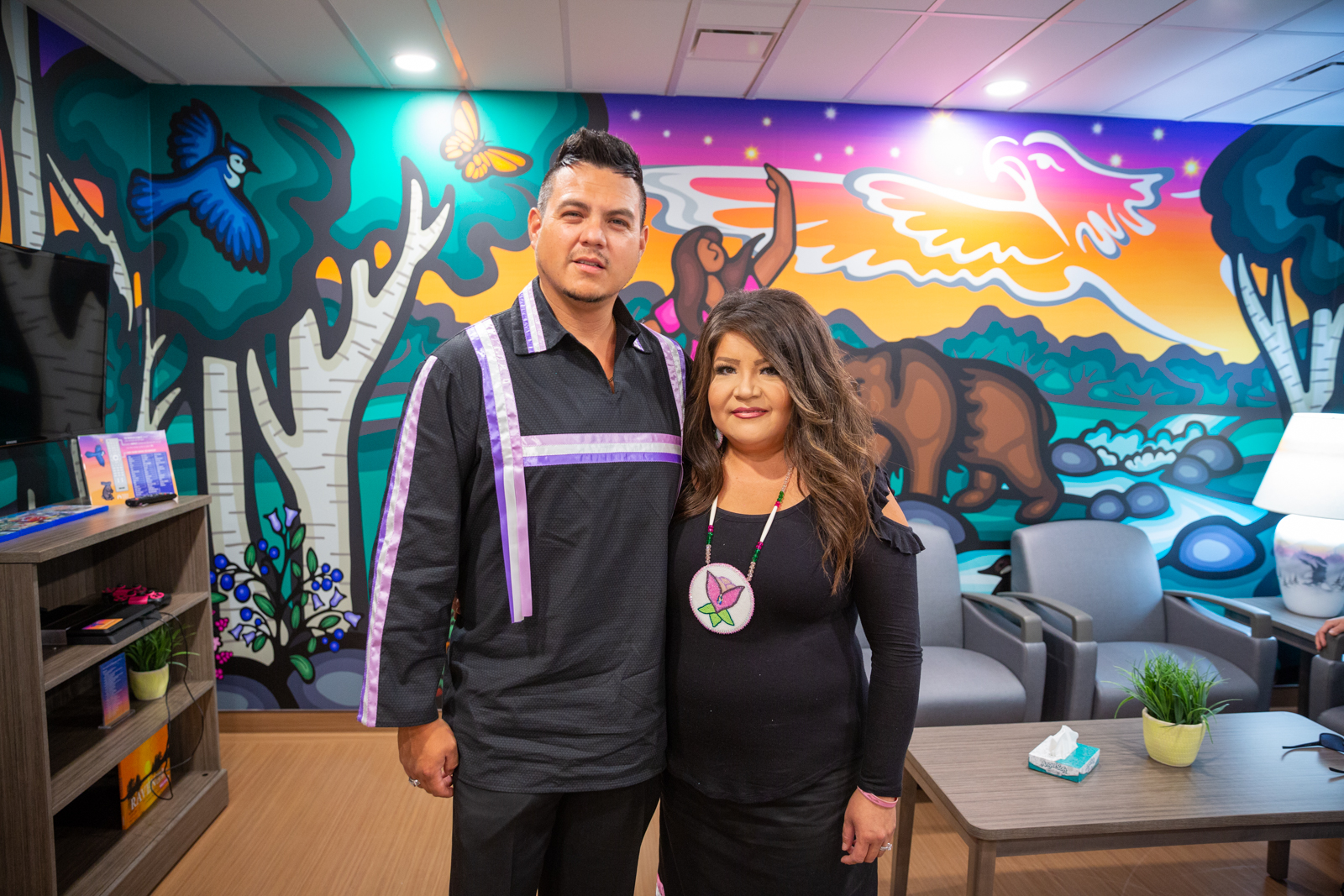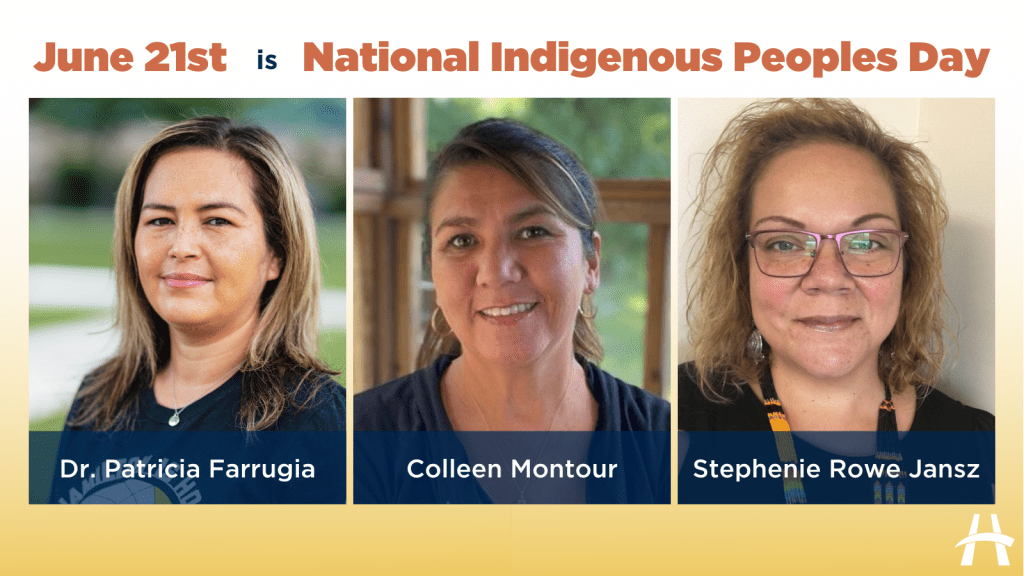
National Indigenous Peoples Day a reminder of the need for reconciliation and education
June is National Indigenous History Month, and June 21 marks National Indigenous Peoples Day in Canada. The telling and sharing of stories is an important tradition for many Indigenous Peoples around the world. We asked a few of our staff from the Indigenous Peoples community to share their own stories and perspectives to celebrate and recognize the month.
Dr. Patricia Farrugia, Orthopedic Surgeon, Hamilton General Hospital
What community are you part of? What is your band, nation or clan?
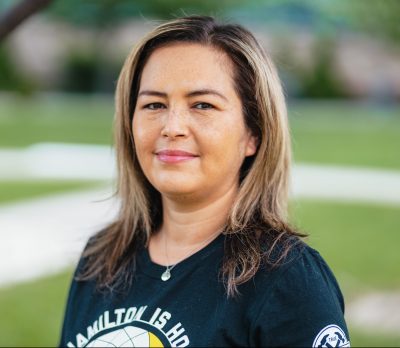
I am a proud member of the Chippewas of Nawash community, Saugeen Ojibway Nation.
Reconciliation is not a demand.
What is your role at HHS and how long have you worked here?
I am an Orthopedic Surgeon with an academic faculty position within the Department of Surgery at McMaster University. I have worked at HHS for 5 years after finishing my residency and fellowship training at McMaster University in 2016.
What do Indigenous Peoples Day and Indigenous History Month mean to you?
Indigenous Peoples Day celebrates the culture, heritage and pride of all Indigenous, Aboriginal, Inuit and Métis Canadians. Indigenous History Month is an opportunity to increase discussion, reflection and awareness of the unique contributions of Indigenous people to the history and development of our nation. Settlers and newcomers to Canada are often unaware of the strength and struggles of the Indigenous population of Canada. Providing an opportunity to learn and educate non-Indigenous individuals about the past and present events impacting Indigenous Canadians is paramount.
What is one thing you would like settlers to understand about reconciliation?
Reconciliation is not a demand. It is the right of all individuals experiencing intergenerational trauma from governmental decisions to eradicate Indigenous culture in Canada. Reconciliation advocates for truthful actions to ensure respectful relationships between Indigenous and non-Indigenous Canadians. The residential school system remains a dark place in Canadian history and commands acknowledgement. “We were children” is a documentary which tells this story and experience of those who attended residential schools.
How can someone be an ally to their Indigenous colleagues and patients?
Educate yourself about the past and current events of colonization, which can impact Indigenous colleagues and patients. Listen and respect the voices of your colleagues and patients in their journey towards healing. Stand together to allow Indigenous individuals the right to express their culture and beliefs without judgement. Remember all the individuals who lost their battles to preserve their cultural identities.
Colleen Montour, MRT(MR)(R)
What community are you part of? What is your band, nation or clan?
I am a proud Six Nations community member being a Mohawk Wolf.
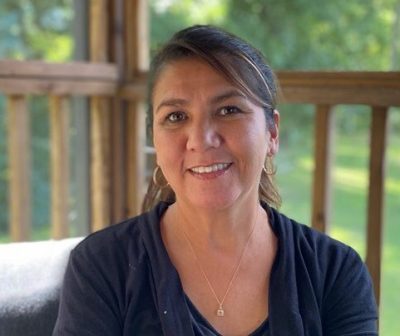
What is your role at HHS and how long have you worked here?
I have had many roles at HHS over the course of 28+ years. I started my clinical training in X-ray at the Hamilton General Hospital (HGH) and McMaster Children’s Hospital (MCH). I have had the pleasure of working in X-ray, computed tomography and magnetic resonance imaging, working at HGH, MCH, and Juravinski Hospital and Cancer Centre.
What do Indigenous Peoples Day and Indigenous History Month mean to you?
It’s a little difficult for me to answer. My first thoughts were ‘nothing’ as we have always had many ways of celebrating our culture and identity amongst ourselves. This has never included an actual day or month. After consideration of recent events, the discovery of 215 children in a former residential school in British Columbia, it has allowed me to appreciate the opportunity to educate non-Indigenous people with the importance of our history and culture. We now have a platform to use our voice by honouring and remembering those who endured this horrendous time within Canadian history.
The day you plant the seed is not the same day you eat the fruit.
What is one thing you would like settlers to understand about reconciliation?
Reconciliation’s definition means: “To establish and maintain a mutually respectful relationship between Indigenous and non-Indigenous people in this country.” This act is a step toward respectfully accepting our identity as Ogwehoweh people. Working within the healthcare field, specifically at HHS, I have worked alongside great co-workers! But in sad reality, I have also experienced racial discrimination at work due to my culture, where I live and my religion. If these individuals had approached me with questions instead of assumptions, they would have been beginning the steps toward “reconciliation.” We do have a long way to go with acceptance and healing, but the day you plant the seed is not the same day you eat the fruit. So this journey towards respect can be a positive journey amongst all.
How can someone be an ally to their Indigenous colleagues and patients?
This is a simple answer. Respect.
Respect entails understanding. If you are unsure of understanding, educate yourself, ask questions and listen. There are many great ways to educate oneself through books, websites, webinars or simply talking with each other. This importance of healing and improving my community has guided me down the path of forming Haudenosaunee Health Services. Having the background of health and being proud of my Six Nations community will hopefully build positive pathways.
Nya:weh
Thank-you
Stephenie Rowe Jansz, Indigenous Project Coordinator at HNHB Regional Cancer Program
What community are you part of? What is your band, nation or clan?
Sge:no, Stephenie Rowe Jansz ni gya:soh, Oswe:ge dwagahdegyo, Ganyahde: niwag esyao de.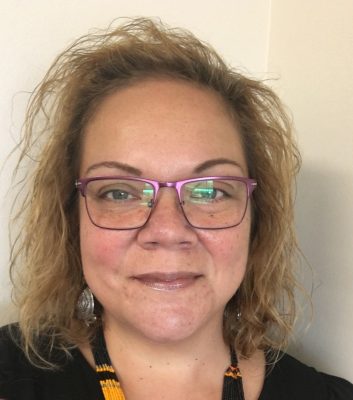
My name is Stephenie Rowe Jansz. I am a band member of Six Nations of the Grand River. Cayuga nation, turtle clan.
So many Indigenous people do not have access to these basic human rights.
What is your role at HHS and how long have you worked here?
I am the Indigenous project coordinator for the Hamilton Niagara Haldimand Brant (HNHB) Regional Cancer Program. I have been with Hamilton Health Sciences (HHS) for two years.
What do Indigenous Peoples Day and Indigenous History Month mean to you?
Pre-COVID-19, this month would be celebrated with powwows, ceremonies and outdoor park celebrations with family, friends and allies. A month for us to stand in solidarity with all of our relations from all nations. Many events are still taking place in 2021, albeit virtually.
What is one thing you would like settlers to understand about reconciliation?
Reconciliation to me means beginning with a good relationship. Unfortunately this has never been the case, as we see with the historical mistreatment of Indigenous people. Reconciliation to me would mean all Canadians have access to clean drinking water, affordable housing and the basic needs of life. So many Indigenous people do not have access to these basic human rights. We must take a stand, take action and move forward with Indigenous basic human rights at the very least to even consider reconciliation.
How can someone be an ally to their Indigenous colleagues and patients?
As an employee of HHS, I would like to encourage all uninvited guests of Turtle Island to educate themselves about Indigenous history. Make a point of taking an Indigenous cultural competency course – many are free and provide a good base of Indigenous history in Canada. Connect with our HHS Human Rights and Inclusion team members to inquire about events that may be of interest to you in your journey for further knowledge. Ask questions and seek the answers.
Nya:wehkowa
Thank you very much
Learn more about Indigenous Peoples in Canada:
Truth and Reconciliation Commission of Canada: Calls to Action

